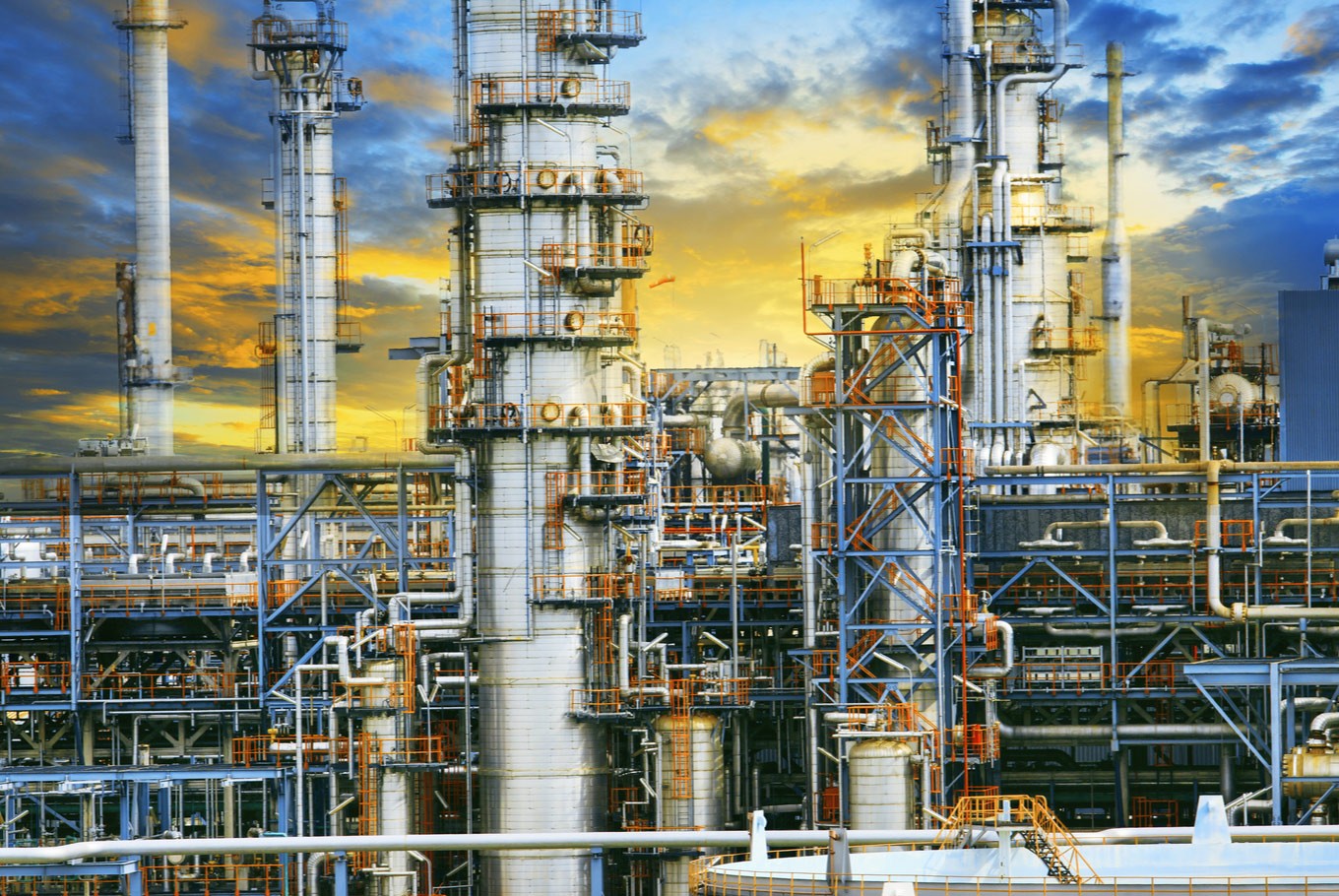Popular Reads
Top Results
Can't find what you're looking for?
View all search resultsPopular Reads
Top Results
Can't find what you're looking for?
View all search resultsOman partners with local firms for refinery project
The supporting facilities include a power plant, piping, fabrication, water treatment and construction, which have a total investment of about US$3 billion.
Change text size
Gift Premium Articles
to Anyone
O
man’s Overseas Oil and Gas LLC (OOG) signed a memorandum of understanding (MoU) on Monday with two local construction companies to develop supporting facilities worth US$ 3 billion for the Bontang refinery in East Kalimantan.
The two local companies are PT Meta Epsi, which is an engineering, procurement and construction (EPC) company, and publicly listed property developer PT Sanurhasta Mitra Tbk (MINA).
OOG chairman Khalfan Al Riyami said in a press conference on Monday that the MoU was part of OOG’s mission to prioritize local companies in the project.
“We agreed to give them work in supporting facilities such as a power plant, piping, fabrication, water treatment and construction — with a total investment of about $3 billion,” he said.
Bontang is one of the country’s newest refineries and will cost $10 billion to $15 billion to make. It was designed with a production capacity of 300,000 barrels of oil per day (bopd).
It is expected to commercially operate by 2026, a four-year delay from its initial target because of the need to complete a bankable feasibility study (BFS) and front end engineering design (FEED), according to Khalfan.
“A BFS usually takes six months then we have to conduct the FEED, which takes between two to three years. And only after those phases can we enter the construction phase,” he said. (bbn)










